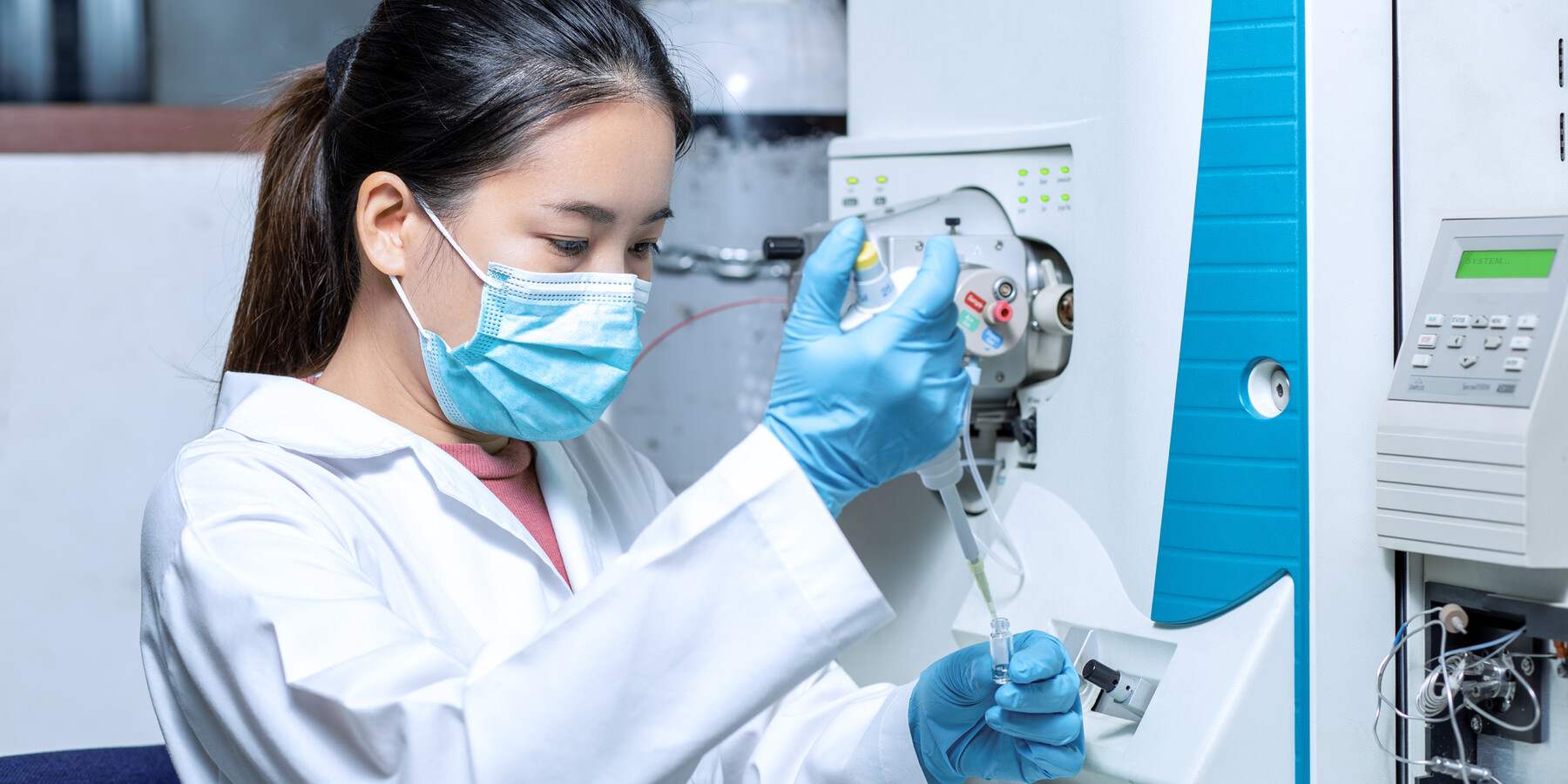
Main Second Level Navigation
Breadcrumbs
- Home
- Future Students
- Graduate Education
- Explore our Graduate Programs
- Thesis-Based Programs
- Fundamental Immunology
Fundamental Immunology
PhD
Our Program
Offered through the Department of Immunology, the Doctor of Philosophy (PhD) in Fundamental Immunology is an advanced research-intensive degree to train future independent research scientists and scientific leaders. Students acquire substantial knowledge of modern immunological concepts and methods, hone their critical thinking and problem-solving skills, and develop strong oral and written communication skills. This breadth and depth in training prepares our graduates for a wide range of careers in academia or other professional sectors.
Areas of study include developmental immunology, cancer immunotherapy, microbiome-immune system interactions, immune responses to pathogens, autoimmunity, and comparative immunology. Our graduate students conduct cutting-edge research with one of our internationally recognized faculty and will become experts in their respective fields. Their findings typically lead to publication(s) in recognized refereed journals.
A key feature of our training is our rotation system which allows newly admitted students to experience 3 different labs before deciding on a "best fit" thesis lab. This allows students to explore the range of research conducted and find the ideal learning environment to succeed.

In addition to conducting independent and original research for their thesis,
students complete 4.5 FCE*:
- IMM 1000Y (Recent Advances in Immunology, 1.0 FCE)
- IMM 1200H (Scientific Skills for Immunologists I, 0.5 FCE)
- IMM 1201H (Scientific Skills for Immunologists II, 0.5 FCE)
- IMM 2000H (PhD Proposal in Immunology, 0.5 FCE)
- IMM 2025H (Student Seminar Series, 0.5 FCE)
- IMM 2050H (Easton Seminar Series, 0.5 FCE)
- IMM 2075H (Special Topics in Immunology, 0.5 FCE)
- 0.5 FCE elective.
Typically, students successfully complete this program within 4-5 years.
Alumni Profile

Pailin Chiaranunt, PhD
One of the most rewarding aspects of my PhD journey was having the opportunity to explore – scientifically, personally, philosophically. My PhD gave me the necessary critical thinking skills, creativity, and comfort with risk-tasking to continue pushing the frontiers of science. My mentors and peers helped me grow into an independent well-rounded thinker. I felt confident to apply what I’ve learned to a new field of research.
The advice I would give to prospective students is to stay curious, in life and in science, and embrace the unknown. Only then can we discover something completely new. And, most importantly, remember to have fun with your community!
Potential Career Paths
In 2022, the School of Graduate Studies (SGS) tracked the career outcomes of 5,128 PhD students who graduated from the University of Toronto between 2016 to 2021. The data below is from 64 immunology PhD graduates.
Positions
Some examples of the positions our immunology graduates held included:
- Postdoctoral fellowships
- Biotechnology and pharmaceutical jobs
- Teaching-stream faculty positions
The chart below shows a percentage breakdown of the various sectors in which our immunology PhD graduates worked at the time the survey occurred.
Main Employment Sectors of Immunology PhD Graduates
Chart data
| Post-Secondary Education | Private Sector | Public Sector | Charitable Sector | Individual Sector | Info Not Public/Other |
|---|---|---|---|---|---|
| 31.3 | 46.9 | 6.3 | 3.1 | 3.1 | 9.4 |
By the Numbers
Department of Immunology
*Full course equivalent. A typical 0.5 FCE is over one term (13 weeks), meeting 1-2 times per week. A typical 1.0 FCE is over two terms (26 weeks), meeting 1-2 times per week.